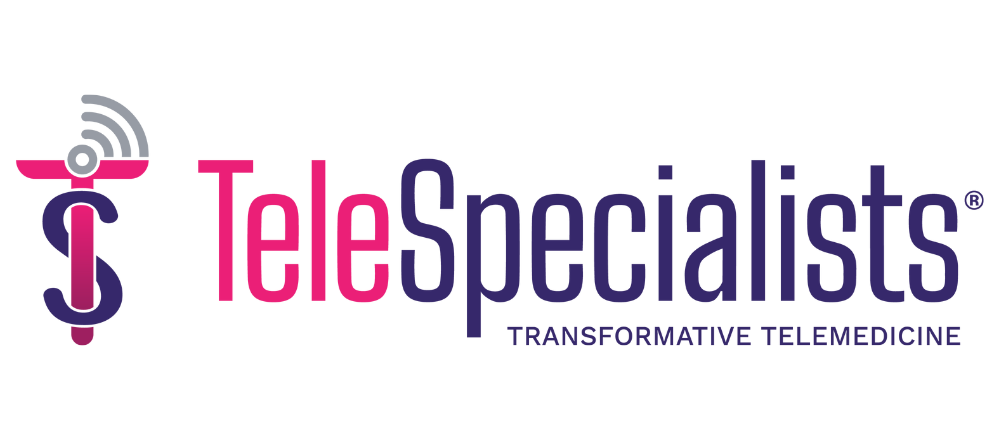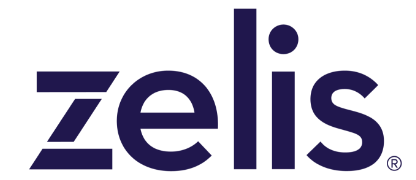The NCAA College Basketball tournament may be must-see TV but here mobile health apps and devices are in the throes of competition and the stakes are high. Adherence, remote monitoring, engagement, improved outcomes, reduced healthcare costs. So begins our mini tournament of mobile health apps.
iHealth Wireless Blood Pressure Monitor companion app by iHealth Lab Inc (FDA cleared) vs. iBlueButton by Humetrix
iHealth Labs, a subsidiary of China-based Andon Health, developed its iHealth Wireless Blood Pressure Monitor as a mini medical device that uses Bluetooth technology to measure, track and share heart rate, pulse and measurement time. It got FDA 510(k) clearance in June 2012. Although the technology is not yet reimbursed it is expected to reduce readmissions and improve outcomes. This month it introduced an app for iOS phones and tablets that integrates the data collected from not only its blood pressure device, but also its Bluetooth enabled scale.It’s designed to engage patients in their heart health
iBlueButton, however, is likely to have wider ramifications. Developed by Humetrix, after winning a the app was developed as part of the government’s iBluebutton initiative. Launched in 2010 by the Veterans Administration to give veterans access to readable copies of their medical records, the program has also been adopted by the Defense Department and Medicare, of whom there are 47.5 million enrollees as of 2010, according to census data.
The app translates ICD-9, NDC, NPI and other medical codes into English. Users get access to their personal health records through one of four personal health record portals: MyMedicare, TRICARE Online, Aetna and RelayHealth. They can enter the medication they’re on and see if there are any problematic drug interactions. There’s also a physician facing app that allows doctors to create notes for patients, securely receive any patient medical information they may get from other providers, payers and health information exchange systems. It’s not fault proof. The older portion of the Medicare recipient population would have a tough time viewing text contained within the charts and some veterans have reported problems downloading records. The program grants many consumers what they have wanted — access to their own health information, making them more knowledgeable about their medical history and putting them in a position to share that information with providers.
Winner: iBluebutton
Why? Among the primary goal of the federal program are to reduce medical errors and unnecessary hospitalization. By giving people access to their records, they can stay informed about their health and better engage healthcare professionals.
Stay tuned next week when the winners of this round face off against each other as March mobile health Madness continues.










